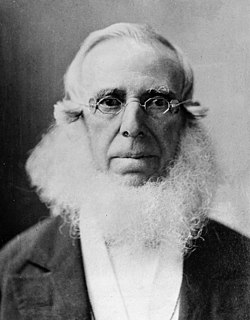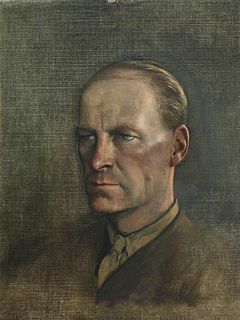A Quote by Marcus Tullius Cicero
Scurrility has no object in view but incivility; if it is uttered from feelings of petulance, it is mere abuse; if it is spoken in a joking manner, it may be considered raillery.
Related Quotes
Tears may be considered as the natural and involuntary resource of the mind overcome by some sudden and violent emotion, before ithas had time to reconcile its feelings to the change in circumstances: while laughter may be defined to be the same sort of convulsive and involuntary movement, occasioned by mere sur prise or contrast (in the absence of any more serious emotion), before it has time to reconcile its belief to contradictory appearances.
Feelings come and feelings go. There is no need to fear them and no need to crave them. Be open to your feelings and experience them while they are here. Then be open to the feelings that will come next. Your feelings are a part of your experience. Yet no mere feeling, however intense it may seem, is your permanent reality.
Abuse manipulates and twists a child's natural sense of trust and love. Her innocent feelings are belittled or mocked and she learns to ignore her feelings. She can't afford to feel the full range of feelings in her body while she's being abused-pain, outrage, hate, vengeance, confusion, arousal. So she short-circuits them and goes numb. For many children, any expression of feelings, even a single tear, is cause for more severe abuse. Again, the only recourse is to shut down. Feelings go underground.
You must create the character's internal life. What do I mean by internal life? I mean the thoughts, feelings, memories, and inner decisions that may not be spoken. When we look into the eyes of actors giving fully realized performances, we can see them thinking. We're interested in what they're experiencing that may never be spoken, that quality of nonverbal expression - which is as much a part of the characters as breathing and as real as what they say and do. This is their internal life. It helps us believe in the characters and care about them.
My manner of thinking, so you say, cannot be approved. Do you suppose I care? A poor fool indeed is he who adopts a manner of thinking to suit other people! My manner of thinking stems straight from my considered reflections; it holds with my existence, with the way I am made. It is not in my power to alter it; and were it, I'd not do so.
There is something so far-fetched and so extravagant in the idea of danger to liberty from the militia that one is at a loss whether to treat it with gravity or with raillery; whether to consider it as a mere trial of skill, like the paradoxes of rhetoricians; as a disingenuous artifice to instil prejudices at any price; or as the serious.












































